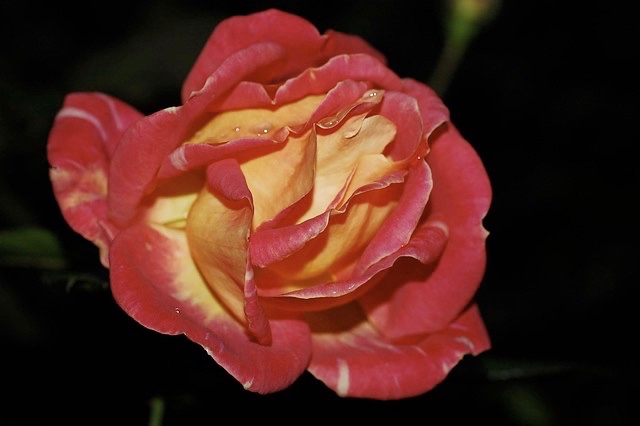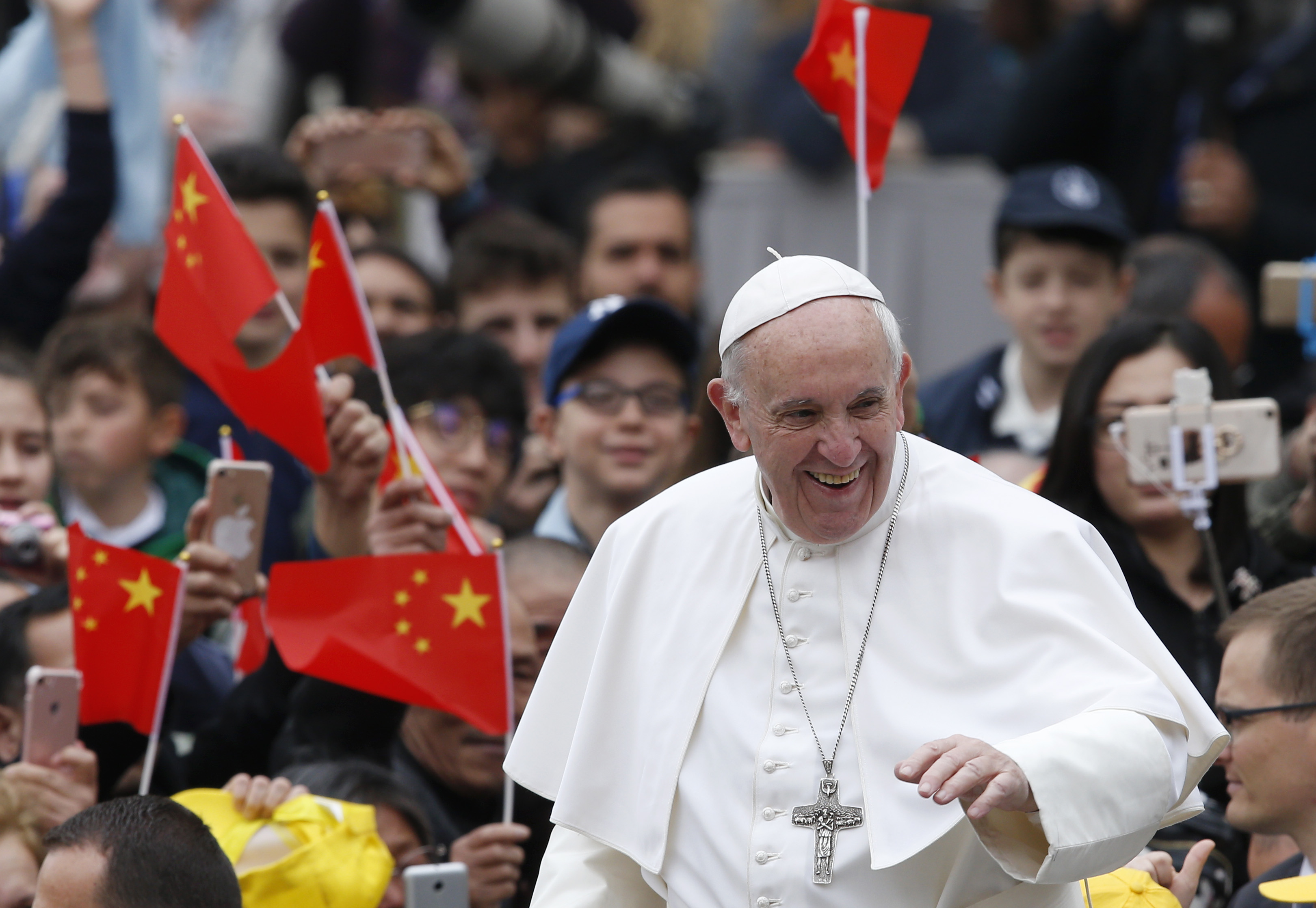Pope Francis almost didn’t get to announce his thirteen new cardinals on Sunday. For 25 minutes before the Sunday Angelus, he was stuck in a lift before the Holy See’s firefighters came to rescue him.
Ahead of his 2013 election, Francis talked about Jesus knocking at the door within the Church asking to be let out, and under this pontificate the first Latin American Pope has worked relentlessly to take the message of the Gospel out of the marbled corridors of the Vatican and into the world, among the marginalised and the suffering.
His cardinal picks on Sunday reflected his priority for dialogue with other religions, particularly Islam, a concern for migrants and a field hospital Church which looks outside of the old centres of ecclesial power and to the margins.
He continued his “last will be first policy” of elevating churchmen who would not expect to be made "Princes of the Church" including a priest working in the Holy See’s migrants department, and choosing a new cardinal from the war-torn Democratic Republic of Congo. Three of the picks are, like Francis, Jesuits and ten are under-80 and eligible to vote in a future conclave.
The 82-year-old Argentinian Pope has given red hats to past and present leaders of the Vatican’s inter-religious dialogue body, including British archbishop, Michael Fitzgerald, and two church leaders serving in Muslim majority countries: Morocco and Indonesia.
His nomination of Fitzgerald is a fitting tribute for a White Father missionary whose ministry has taken him Tunisia, Egypt, Sudan, Uganda, and Jerusalem and saw him work at the council for inter-religious dialogue body from 1987-2006. Although Fitzgerald, 82, is too old to vote in a conclave, many will see his red hat as a vindication of his approach to Islam and other religions.
In Rome, the cardinal-designate was considered to have been exiled under Benedict XVI’s papacy when he was moved from his senior post in the Vatican to Egypt as papal ambassador. A scholar of Arab affairs and fluent Arabic speaker Fitzgerald has always advocated patient dialogue, and building of bridges with other faiths. But his move to Egypt coincided with a hardening of the Vatican’s position on Islam, and he arrived in Cairo in the aftermath of Benedict XVI’s infamous 2006 Regensburg lecture. His time in Egypt also coincided with the turbulent events of the Arab Spring.
Following his appointment, Fitzgerald, who now works in an inner city parish in Liverpool, said he would like to thank “all those Catholics and other Christians and people of all different religions who have helped me to serve in the field of inter-religious relations. I would ask you to pray for me so that I may continue to give this service generously and joyfully.”
During Francis’ pontificate, inter-religious dialogue is a serious priority, with the Pope signing a landmark document on human fraternity with the Grand Imam of the Al-Azhar Mosque during a visit to the United Arab Emirates. His decision to make cardinals of Fitzgerald and Bishop Miguel Ayuso Guixot, the President of the Pontifical Council for Inter-Religious dialogue and another Islam expert, sets the Church on a path of patient listening, relationship building and joint co-operation with Muslim leaders.
Along with these two, the Pope also named the Archbishop of Rabat, Cristóbal López Romero, a cardinal, giving a red hat to a small local church which prioritises service to their Muslim neighbours. Francis visited Morocco earlier this year, where he met with the last surviving Trappist monk of the Tibhirine monastery in Algeria, Jean-Pierre Schumacher. The Tibhirine monks refused to leave Algeria during the civil war of the 1990s out of solidarity with the local Muslim community, and seven of the monks were later kidnapped and then murdered. By making Rabat’s archbishop a cardinal he is showing solidarity with a small church of just 23,000 people but renowned for its schools, orphanages and hospital that serve the whole community.
Along with dialogue, the pope made a surprise choice by naming Fr Michael Czerny, a 73-year-old Jesuit who is undersecretary at the migrants' section within the Dicastery for Promoting Integral Human Development. Born in Czechoslovakia, he grew up in Canada, and while working in Kenya established the African Jesuit Aids network. He works closely with Francis.
The Pope also chose another Jesuit, the Archbishop of Luxembourg, Jean-Claude Hollerich, who has spoken out against the rise of populist nationalism in Europe. In an article ahead of this year’s European elections, he described President Trump’s former strategist, Steve Bannon as one of the “priests” of populism.
In the past, the Pope has de-Europeanised the college of cardinals, but on this occasion six are European, two come from Latin America and one is Asian. The only Italian among them is the Archbishop of Bologna, Matteo Zuppi, ordained for the Catholic humanitarian group, Sant’Egidio. He has shown pastoral sensitivity to gay people and wrote the foreword to the Italian version of Jesuit priest Fr James Martin’s book Building a Bridge, which calls for greater respect for LGBT Catholics.
When it comes to cardinals, the pope has ripped up the unwritten rule book that archbishops leading certain dioceses automatically are made cardinals and instead looks for credible, and humble church leaders working away from the limelight.
The consistory, which will take place on 5 October, will be the sixth of his pontificate. Some cardinals are on the verge of turning 80, and by 15 October, the pope will have chosen 66 out of the 128 who have conclave voting rights, which is 53 per cent of the total.
Choosing cardinals is the closest thing a Pope has to succession planning, and with his picks, Francis is trying to ensure the Church continues on the trajectory he has set for it.



 Loading ...
Loading ...